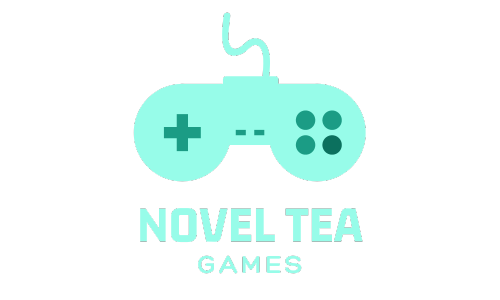Board games have been a source of entertainment for centuries, bringing people together for friendly competition and strategic thinking. They have evolved significantly, offering various themes and mechanics that appeal to a wide audience. While many view board games solely as a recreational activity, their impact goes far beyond mere amusement. From improving cognitive abilities to enhancing social interactions, playing board games offers numerous benefits that might just surprise you.
The Cognitive Boost
One of the most compelling advantages of engaging in board games is their ability to enhance cognitive skills. Studies have shown that strategic games, in particular, challenge the brain in ways that enhance problem-solving abilities and critical thinking. A research study published in the journal Age and Ageing found that older adults who regularly played strategy games had improved cognitive function and memory retention compared to those who did not. This suggests that the mental exercise provided by games contributes significantly to mental agility.
Whether it’s chess, Scrabble, or modern strategy games, players often have to devise and adjust strategies to win. This practice promotes flexible thinking and better information processing. The next time you grab a board game, remember that you’re not just having fun; you’re also sharpening your mind.
Fostering Social Connections
In our increasingly digital world, face-to-face interactions are becoming rarer. Board games bridge this gap, providing a platform for genuine socialization. Playing games with family or friends encourages communication, collaboration, and teamwork. A study from the American Journal of Play indicates that 70% of parents who play games with their children report a significant increase in bonding and communication with them.

When engaging in playful banter or friendly rivalry, players cultivate social skills that are vital for healthy relationships. The opportunity for shared laughter and strategic discussions creates lasting memories and strengthens ties among participants. Discovering fun games for two players can provide intimate settings for bonding or even one-on-one time with a close friend. Whether you’re looking for a classic game like chess or a more modern option like Codenames, there are countless board games that can enhance your social connections and provide hours of enjoyment.
Emotional Resilience and Stress Relief
Playing board games can also be a therapeutic tool for relieving stress and improving emotional health. Participating in an engaging game helps shift focus from daily stressors and fosters a sense of relaxation. According to research published in Psychology Today, spending time engaged in playful activities can significantly reduce cortisol levels, a hormone linked to stress. Thus, while players immerse themselves in a world of strategy and chance, they also experience moments of joy and escapism.
Moreover, competitive gaming—within reason—teaches players about resilience. Losing a game can be disappointing, but it gives players a chance to learn and adapt strategies for future success. This process encourages emotional maturity and perseverance, traits that benefit individuals well beyond the game table.
Encouraging Creativity
Board games often require players to think creatively, whether by developing new strategies or coming up with imaginative stories throughout role-playing games. This emphasis on creativity can be essential for personal development and innovation. Various educational studies associate play with heightened creativity among children, showing that game-based learning promotes divergent thinking.
Many modern board games emphasize storytelling and thematic elements where players assume roles in a unique narrative. Such games can inspire players to think outside the box and cultivate their imaginations. Harnessing creativity through playful engagement can lead to improved problem-solving skills and innovation in various aspects of life.
Skill Development
Beyond leisure, board games serve as excellent tools for skill development. Many games involve math, literacy, and critical thinking but often disguise these learning opportunities as fun.

For instance, games that require counting money or keeping track of scores develop numeracy skills, while those with wordplay enhance vocabulary and comprehension.
The variety in game types also means players can encounter different scenarios that develop real-life skills. Whether it’s negotiating terms in a strategy game or collaborating on objectives, players can refine skills they will later use in academic and professional settings. Engaging in board games can also ignite interest in various subjects, making them a powerful means of informal learning.
As you delve into the world of board gaming, you’ll likely uncover many unexpected benefits. From boosting cognitive skills to enhancing social ties and relieving stress, the advantages of playing board games extend far beyond the gaming table. They offer a unique opportunity for individuals to grow personally while enjoying quality time with peers and family. It’s more than just a pastime; it’s a means of fostering valuable life skills and connections.



